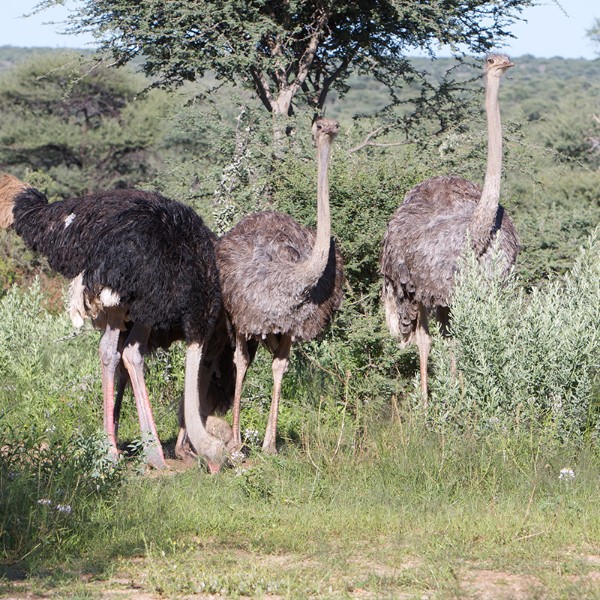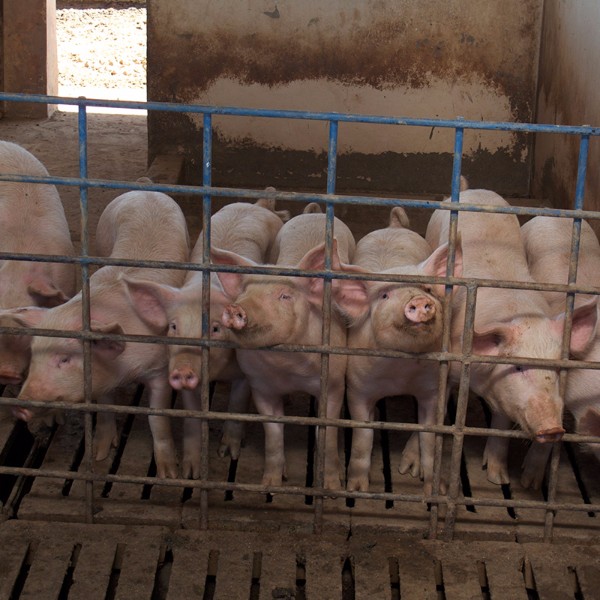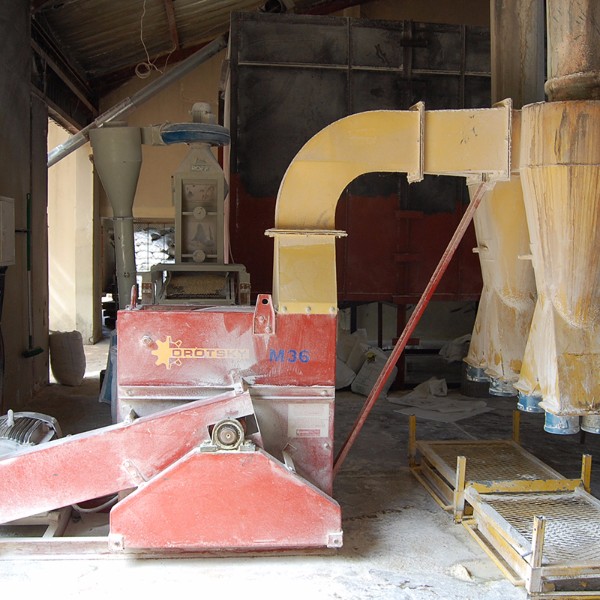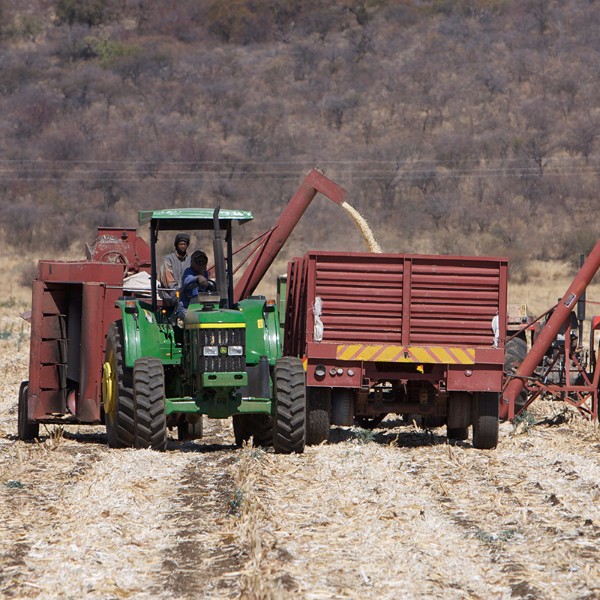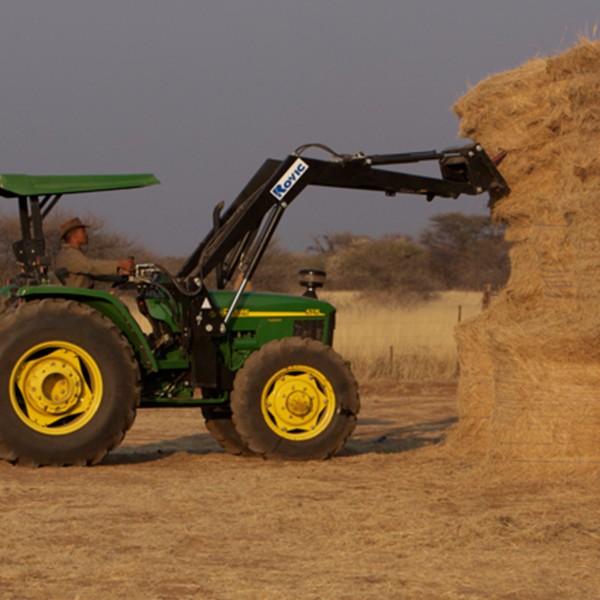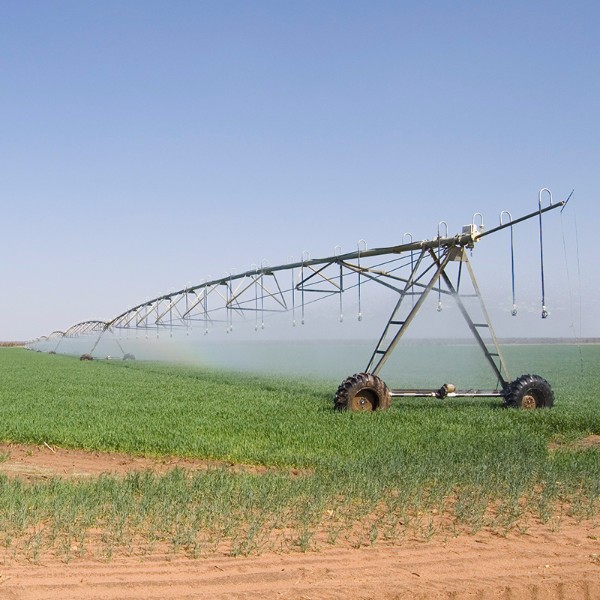
Head Office
Branches
Find a branch near you!Hours: 7:30-16:15, Central Africa Time Zone (UTC+02:00)

Quick News
Agribank Announces Drought Relief to its Clients
11 Jul 2024
Namibia’s agricultural premier lender, Agribank, has commenced with the roll-out of the drought relief subsidy, which was announced by Hon. Iipumbu Shiimi, Minister of Finance and Public Enterprise (MFPE), during his budget speech in February 2024. The drought relief will be implemented effective today (10 July 2024), and it will be in the form of an instalment relief and a penalty interest waiver for clients.
First intervention: Based on the criteria agreed with MFPE, this intervention of instalment relief is limited to Agribank clients with farmland and livestock loan accounts. The instalment relief targets clients who are in good standing and whose instalments fall due from 1 April 2024 to 31 March 2025. Clients who fell into arrears between 1 April 2023 and 31 March 2024 will also be considered. Accounts of qualifying clients will be credited in full as and when instalments fall due, and past-due accounts will be credited with immediate effect. The total commitment for this intervention is N$104.6 million.
Second intervention: As a gesture of goodwill, Agribank offers to waive penalty interest amounting to approximately N$83 million for this financial year (April 2024 - March 2025) for all our clients that are in arrears.
"We are facing challenging times for both our clients and the bank. We want both to survive, and we are trying to balance many considerations to ensure our clients receive some scope to make it through this difficult period", stated Dr Raphael Karuaihe, Chief Executive Officer.
For Agribank, our main and sustainable source of funds is loan repayments by our clients. This means that extending the same relief to all clients of the bank is unfortunately not a financially viable option at this stage".
While we acknowledge that the instalment relief may not reach every affected farmer, we trust that our consideration of waiving penalty interest for all clients in arrears serves as a welcome relief to all our valued clients. We will continue to maintain a flexible approach in our discussions with individual clients in our attempt to find appropriate solutions in line with the Bank’s policies and procedures.
Issued by:
Fillemon Nangonya
PUBLIC RELATIONS OFFICER
For enquiries, kindly contact the Marketing and Communications Division at:
Tel.: 061 2074308 Email: info@agribank.com.na
Agribank Introduces Credit Life Insurance Product
31 May 2024
The Agricultural Bank of Namibia (Agribank) is pleased to announce the introduction of a Credit Life Insurance product, effective 1 June 2024.The Credit Life Insurance serves as a financial security and protection against unforeseen events, tailored exclusively for Agribank clients.
The Agribank credit life insurance offers benefits beyond covering death and protecting a client’s estate. If a client becomes permanently or temporarily disabled, is diagnosed with a serious illness, or faces retrenchment, the insurance will cover the client's loan instalments for a specified period, providing essential financial relief during challenging times.
Moving ahead, Agribank hereby inform the public that the credit life insurance becomes a mandatory requirement for all eligible clients, effective 1 July 2024. However, applicants/clients will not be compelled to take up the Agribank Credit Life Insurance, but they do have an option of providing an alternative life cover from an insurer of their choice.
Similarly, existing clients with life insurance policies can continue to use their current coverage, although they are also invited to participate in the Agribank Credit Life Insurance program to enjoy its comprehensive benefits.
According to Chief Executive Officer, Dr Raphael Karuaihe, “The introduction of the Credit Life Insurance is a significant step forward for Agribank. It supports the sustainability of our clients' farming and agro-enterprise ventures by providing a financial safety net against unforeseen events. Furthermore, the initiative demonstrates Agribank’s dedication to offering innovative and affordable products and services.”
The Agribank credit life insurance is underwritten by Momentum Metropolitan Namibia Limited, while Agribank is designated to market and sell the credit life insurance to its customers.
Agribank to roll out its branch-on-wheels initiative
30 Jan 2024
In line with its commitment to financial inclusion and increased accessibility of its loan products, Namibia's premier agricultural lender, Agribank, is pleased to announce the introduction of its Branch-on-Wheels initiative, a project that is aimed at taking Agribank services closer to its clients, both prospective and existing, starting in February 2024.
The Branch-on-Wheels will be deployed according to the following schedule: 5-9 February, Tsumeb; 19- 23 February, Opuwo 3-5 March, Karasburg; 7-8 March Bethanie; and 17-19 March, Gochas. Operating hours will be from 08h00 – 17h30 in all areas.
According to the Bank’s Executive: Sales, Ms Hildegardt Martin, “the Branch-on-Wheels concept aspires to extend Agribank services to customers in areas with no Agribank branch, as clients in such areas find it hard to reach our physical branches that are only found in selected towns. Therefore, the Branch-on-Wheels will go to the customer, breaking geographical barriers that hamper farmers/clients to access funding from Agribank, in order to realize their farming potential.”
Additionally, Martin further assured the public that “the Bank takes this initiative very seriously and will ensure that the entire country is covered by assigning a Branch-on-Wheels team for each of the eight branches of the Bank. By doing so, the Bank expects to reach a wider customer base in remotest towns, at the convenience of the customer.”
On his part, Agribank’s Manager: Marketing and Communication, Mr Rino Muranda, implored the clientele of the Bank to “come and engage our competent staff in the scheduled areas/towns, who will be providing the following services: accepting loan applications; general enquiries and information sharing; printing of statements; update on loan applications status; and loan approvals where possible.”
Muranda further added that “Agribank offers competitive fixed interest rates as low as 4% for some loan products (communal, laborer houses in commercial areas); it provides flexible repayment options often based on the cashflow of the agri -enterprise; while also offering extended loan repayment periods resulting in affordable instalments.”
Agribank serves all farmers, including commercial, communal, emerging, and resettled farmers. The Bank finances the entire Agricultural value chain, offering a range of loan products such as vehicle and tractor loan, salary-backed/no collateral loan, horticulture production loan, farming infrastructure and implements loan amongst others. In recent years, Agribank introduced the women and youth scheme, a targeted intervention that offers relaxed terms and conditions in favour of women and the youth.
Lastly, Agribank hereby invites the public to contact the Bank at 061 207 4356, for any questions related to the Branch-on-Wheels initiative. Public members can also visit the Bank’s website www.agribank.com.na for more on loan products of Agribank.
Issued by:
Fillemon Nangonya
Public Relations Officer
For inquiries, kindly contact the Marketing and Communication Division Tel.: 061 2074308/10/55 Email: info@agribank.com.na


